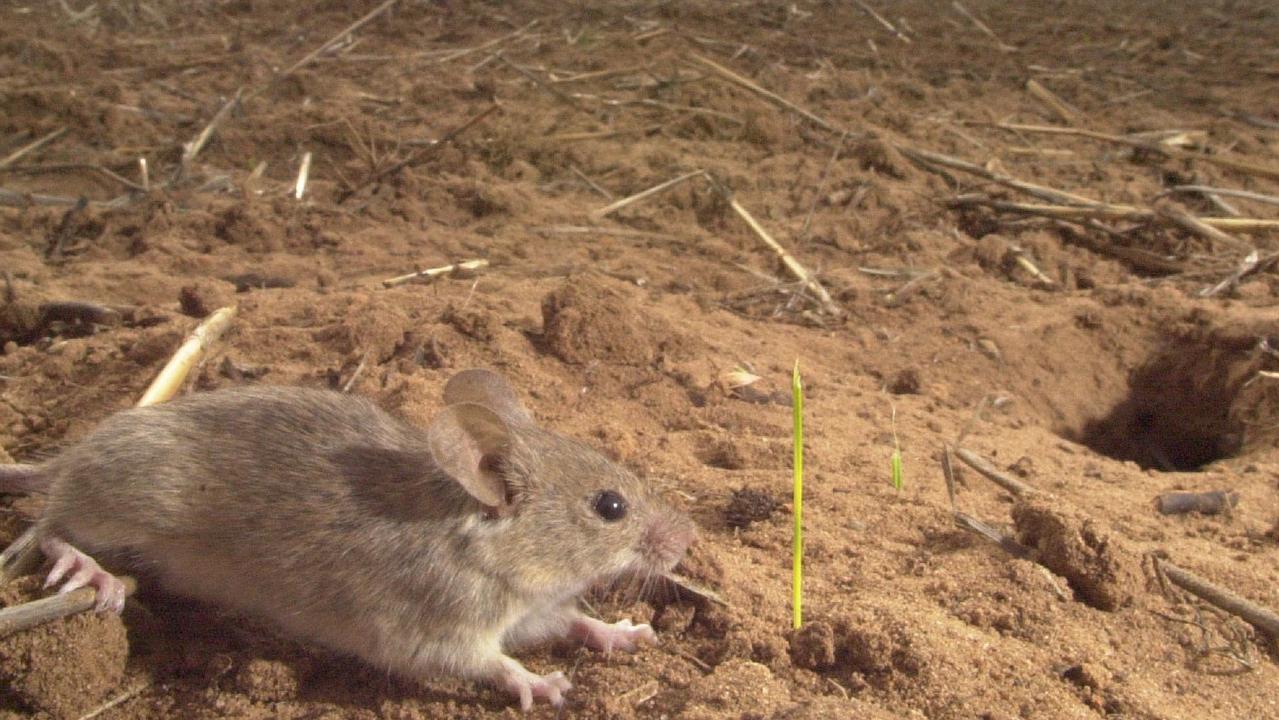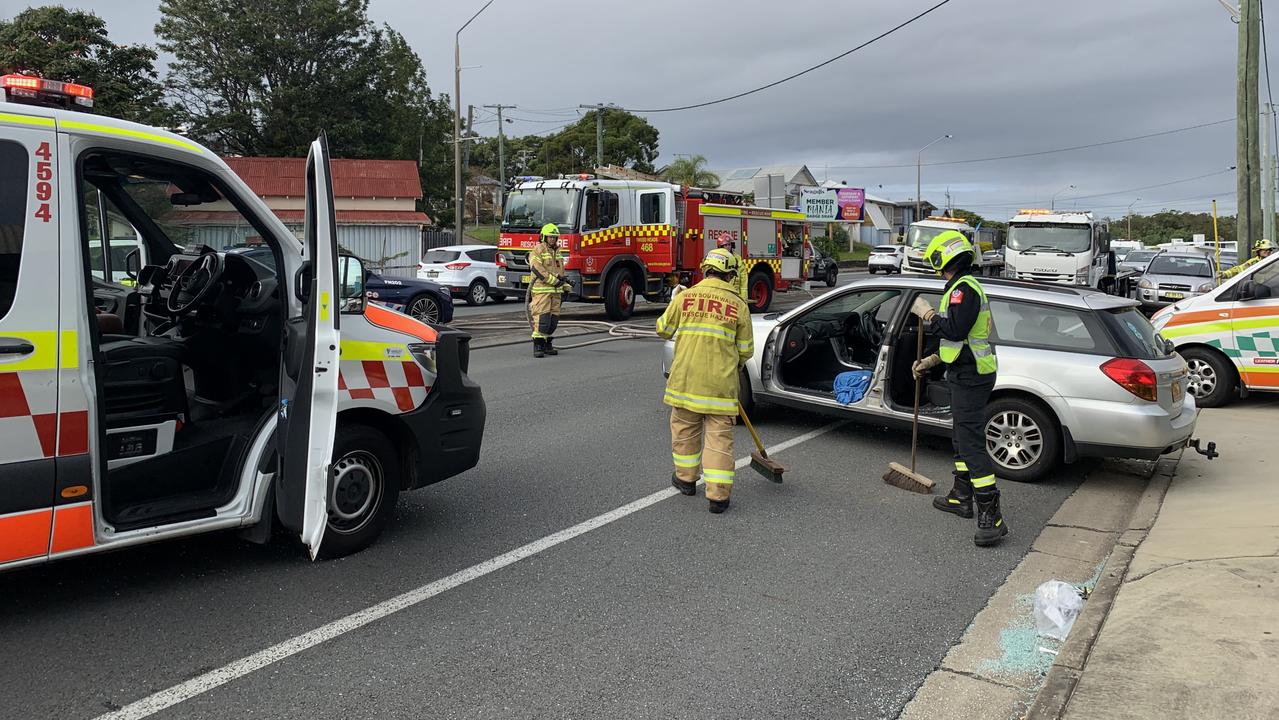Farmers, homeowners can’t count on insurance for ‘direct’ vermin-related damage
People who have had their crops and properties ravaged by the mouse plague may be shocked to hear just how little damage is covered by insurance.
Homeowners and farmers who have had their crops and properties ravaged by the mouse plague may be shocked to hear just how little damage is covered by insurance, a federal parliamentary inquiry has revealed.
Richard Feledy, the boss of one of Australia’s biggest general insurance companies Allianz, told the hearing on Friday that his organisation only provided fire and hail-related crop damage.
“There is no cover for the damage of vermin,” Mr Feledy said.
“In terms of property policies, damage by vermin is an exclusion in terms of the animal waste.”
He said Allianz only covered consequential damage, not direct damage caused by vermin.
“If they chew through the wiring in your home, the PVC of your plumbing, that damage is not covered,” Mr Feledy said.
“However, as a consequence of that – either the house has an electrical fault and a fire starts, or you have inundation as a result of the escape of water as a result of the damage to the pipes – that consequential damage is covered.”
The opposition’s assistant Treasury spokesman Andrew Leigh asked the managing director if affected customers had expressed surprise with those limitations, and Mr Feledy replied he was not aware of any specific complaints.
“I don’t have the numbers at hand,” the executive said, adding his company paid out 97.9 per cent of home and vehicle insurance claims lodged last year and in the year to date.

Mr Leigh also grilled Mr Feledy on customers renewing their policies paying more than new customers, dubbed the “loyalty tax” by former ACCC chairman Allan Fels, who is now the emergency services insurance monitor for the NSW government.
Mr Fels estimated two years ago that, on average, renewing customers paid 34 per cent more than new customers.
“Let me just tell you about my experience: Every time I switch car insurance, I’m able to get a better deal. When I lock in, premiums seem to go up,” Mr Leigh said.
“My car insurer, no matter who it is, insures my car for a lower value (each year) and wants a higher premium for it, and I don’t seem to be alone in that.
“Customers are sticky, they don’t tend to switch as often as would be economically optimal – my guess is that you are imposing a loyalty tax on your customers and nothing you’ve said to me today assures me you aren’t.”
Mr Feledy said he had a different perspective as there were some loyal customers who paid less than new ones.

“Our premiums reflect the costs and the change in the data that we see every year, and whilst I can’t comment on your personal insurance situation, we do our absolute best to make sure each individual pays a risk premium that’s commensurate,” he said.
“As customers stay longer with us, that tenure is reflected as part of our (risk) rating (for that customer) and can result in renewal customers paying a lower price than new business customers.”
The committee was told car insurance premiums had risen 6 per cent in the past year.
Mr Feledy said that was because the industry had paid out heavily for multiple catastrophes in 2020, prices for vehicle parts had risen and the cost of reinsurance had increased substantially.
“The fixed costs that we have do need to be passed on to customers,” he said.
“Collision frequency is back to pre-Covid levels, in many states slightly higher.
“Anecdotally, there’s an argument that people are resisting using public transport and a lot more people are using their cars to commute.”
Mr Feledy flagged inflationary pressures would lead to more premium increases.
Home insurance premiums rose just under 10 per cent in the year to date, Mr Feledy told the committee, for reasons including the aforementioned catastrophes, with the average claim jumping by 25 per cent.




